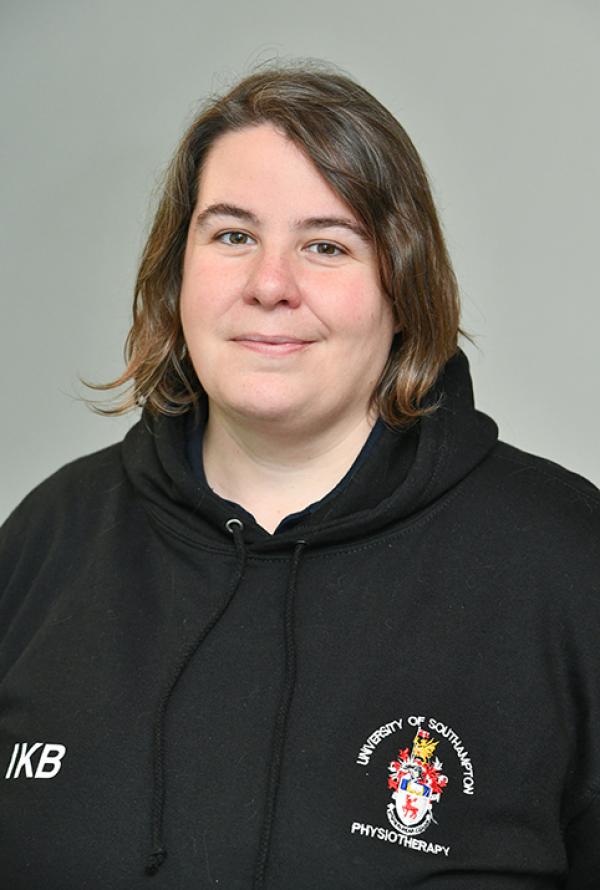Iona Bateman is student officer for the CSP’s DisAbility network and equity, diversity and belonging officer for the Student Reference Group

Microaggressions are often not intentionally nasty but are more turns of phrase that we can easily use without realising their deep impact on other people.
For example, there was a girl who was blind, and people went into overdrive to try not to be offensive, but kept stumbling by using phrases to do with visual things such as, 'see if you want to do this' or 'look at it this way'.
I have had people say to me in a well-meaning way, 'obviously you can’t do that because of your hand', without giving me a chance to express how I could get around it, therefore excluding me from an activity and effectively disabling me more than my actual disability.
As I have an invisible disability, I feel that I don’t experience discrimination as much as friends of mine with more visible disabilities. I have had academic support offered to me such as a note taker who would sit at the back of the lecture hall 'so nobody will realise you have a disability' but I refused.
Having a disability shouldn’t be a stigma and I don’t feel comfortable hiding my disability when others can’t.
I know many people with invisible disabilities who do hide them and I understand their reasons, but I hope one day disability won’t been seen as something people feel the need to try and hide for fear of discrimination.
As a society, we’re becoming much more aware of how damaging words and phrases can be. People make mistakes, including me, but the more we discuss it and speak up when witnessing microaggressions across all the protected characteristics, the better we’re able to educate one another and work towards a more inclusive environment that allows everyone to reach their full potential.
The onus is always on the person with a disability to speak up if they experience a microaggression, which is difficult and isolating. If you witness it and don’t do anything that adds to our isolation. Then it’s not just the aggressor, it’s that no one stood up for you, no one was strong enough to say anything.
Often people say, 'oh you’re not really disabled' in a well-meaning way because they see the term disability as a stigma. This not only reinforces the stigma of disability but also makes me feel unable to access any support I might need.
I also work as an actor in communication simulations training healthcare professionals and have previously acted as a person in a wheelchair. People would often put the brakes on without asking me, or say 'I’ll just pop you in the corner', wheeling me off out of the way. They objectified me and made the disability my identity rather than seeing me as a person. They would not dream of asking an able-bodied person to go and stand in a corner.
'I’ve got problems too, we all just need to crack on with it' is a phrase I’ve heard countless times. Yes, we may all have factors that impact our ability to perform at work or in our daily tasks but making such comparisons are dangerous.
Even two people with the exact same disability can face different challenges and telling someone to 'just crack on with it' is isolating, unsupportive and exclusionary.